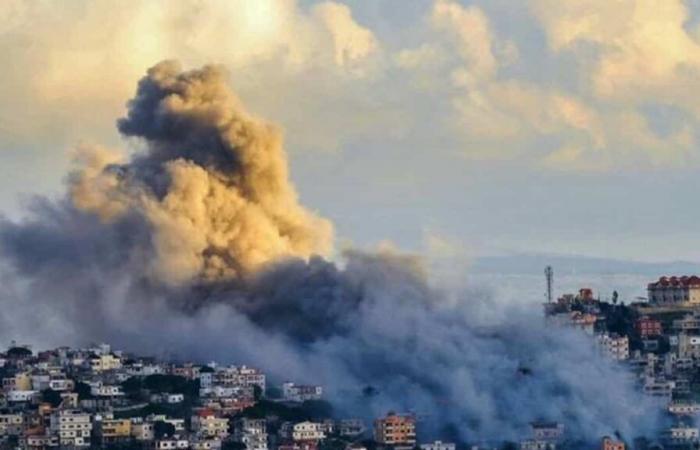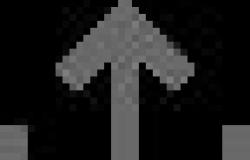Bombings are intensifying in Lebanon, paralyzing daily life and raising fears of a worsening conflict. A Beirut resident describes the situation as “exceptionally violent” as the country is caught between Hezbollah and Israeli strikes.
• Also read: Two Canadians die in Lebanon
• Also read: ‘All-out war is possible’ in Middle East, Biden says
“It’s very painful, actually. Today, it’s exceptionally violent. Much more violent than the previous days,” Roula Talej, who lives near Beirut, told Mario Dumont on QUB radio at 99.5 FM Montreal on Wednesday.
“[Les frappes] “They are not yet in Beirut, not in the Hezbollah regions. On the other hand, there have been bombings all over Lebanon,” said the Lebanese woman who has family in Quebec. “There have been missiles that have attacked houses. We have discovered that in these houses, there was a storage of Hezbollah weapons.”
Twenty-three people were killed across the country on Wednesday, according to Lebanese authorities, during these strikes which also targeted villages located outside Hezbollah strongholds, including that of Maaysara, in a mountainous region about thirty kilometers north of Beirut.
On Monday, large-scale airstrikes on Lebanon left 558 dead, including 50 children and 94 women, and more than 1,800 injured, according to the authorities, the heaviest toll in one day since the end of the civil war in this country (1975-1990).
“Victims of two entities”
Roula Talej, who describes herself as an activist “for a very long time,” accuses not only Hezbollah, but also the Lebanese political class of being responsible for the current climate.
“We are victims of two entities. Hezbollah on one side and Lebanese politicians on the other side,” she said.
The Lebanese woman fears an escalation of tensions. “I think that in a few days, all this almost normal or semi-normal life will stop,” she said.
Hope Despite Everything
Roula Talej said she still had hope for her country, which she described as “the most beautiful” in the world, and hoped for a quick resolution to the conflict. “This is the last war, I hope. Lebanon’s last war,” she said.
Despite this climate of terror, she has no intention of leaving the country. “I feel a duty to stay and do my best […] to try to save this country,” she said.
*This text, generated with the help of artificial intelligence, was reviewed and validated by our team based on an interview conducted at QUB.






